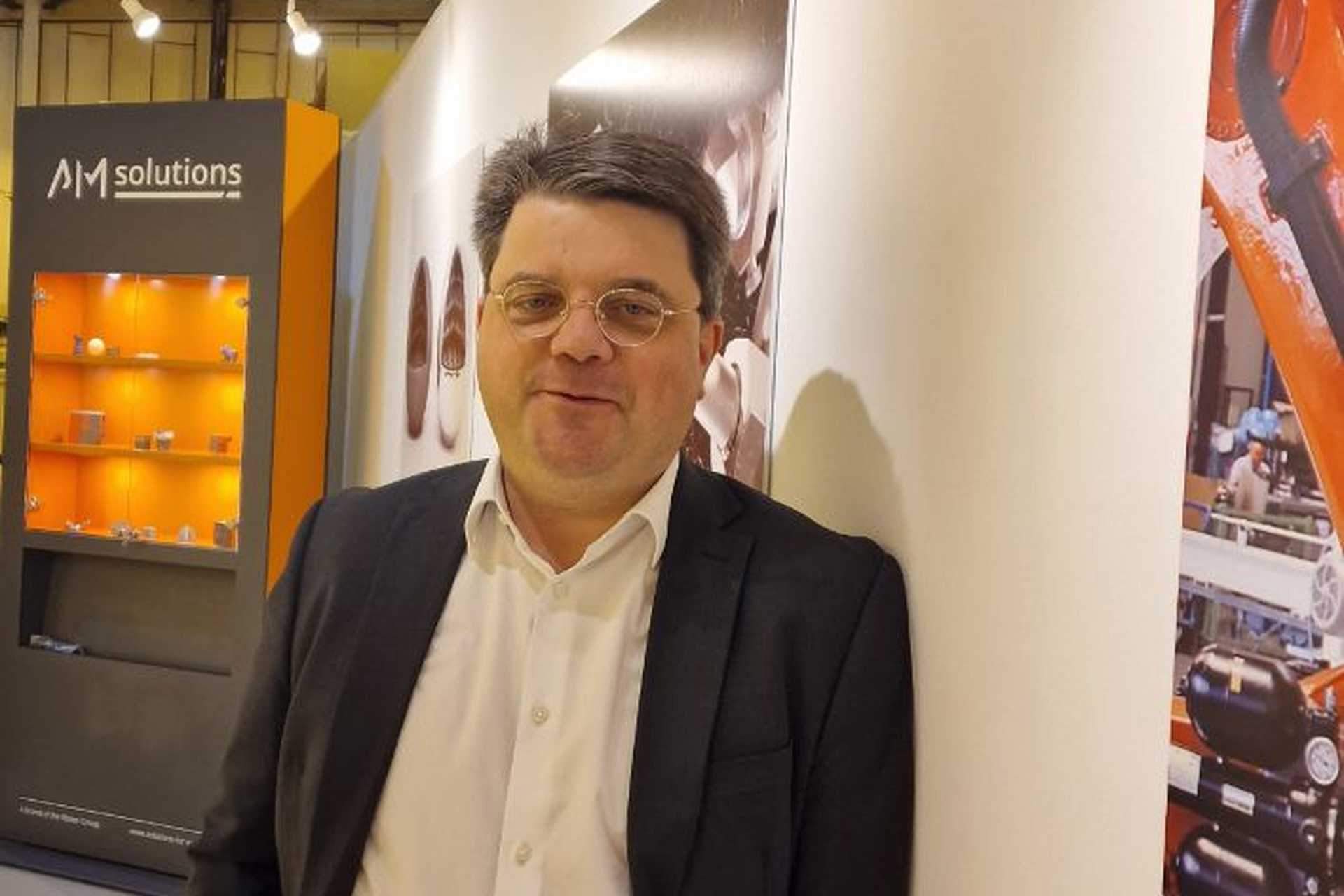
We interviewed Daniel Tweer, Managing Director at Rösler UK, who explains how working with a management student supported departmental digitalisation and increased efficiency in his business.
Our Project Partners programme offers a cost-effective way for organisations to tackle real business challenges by working with our talented students, who provide tailored recommendations, fresh insights and support in areas they may not have time to explore.
With academic supervision and no financial commitment required, the programme gives businesses access to enthusiastic future leaders while creating valuable new connections.
We've spoken to Daniel Tweer to find out more about how working with one of our students has positively impacted Rösler UK.
How did you hear about the Project Partners scheme at the Management School?
I met Hazel Kennedy, External Engagement Manager from the University of Liverpool Management School at a Knowsley Chamber event. Subsequent conversations with her and her team led me to learn about the programme. The project partnership programme was mentioned as a practical way to connect businesses and students.
Why did you decide to submit a project brief?
At Rösler, we saw it as a great opportunity to bring a fresh academic and external perspective to a strategic topic within our organisation. At the same time, we wanted to support students in gaining real-world experience and insight into our industry.
What was the nature of the project?
The project focused on analysing internal process structures and identifying potential areas for optimisation in the context of the digitalisation of one of our departments. The student worked on gathering insights, benchmarking approaches and providing recommendations to strengthen organisational efficiency.
How did you find the process?
The overall process was clear, well-structured and very easy to follow. Communication and guidance from the Management School team was supportive and kept things moving smoothly.
Once you and the student were connected, how did you discuss and plan how best to work together?
We arranged an initial introduction meeting to discuss expectations, scope and desired outcomes. We agreed on timelines and regular check-ins, ensuring the student felt supported while still having the autonomy to explore and analyse independently.
How was the student’s work? Did anything they found out surprise you?
The student’s work was thorough and thoughtful. One particularly valuable aspect was how their questions encouraged us to re-examine some of our internal assumptions. This reflective process itself was very beneficial.
Were there any barriers or challenges with the project and/or the student?
There were no major challenges. The main consideration was balancing availability and ensuring access to the right information, but with regular communication, this was easily managed.
You mentioned that the student’s questions made you really reflect on the business – did this translate into doing anything differently?
Yes, it prompted us to take a closer look at certain processes and to consider whether they still serve us effectively in their current form. As a result, we have initiated internal discussions on minor process adjustments and future development opportunities.
What would you say to anyone considering the Project Partners scheme?
I would strongly recommend it. It provides valuable external insight, supports talent development and encourages organisational reflection. It’s a mutually beneficial experience and a great way to strengthen collaboration between academia and industry.